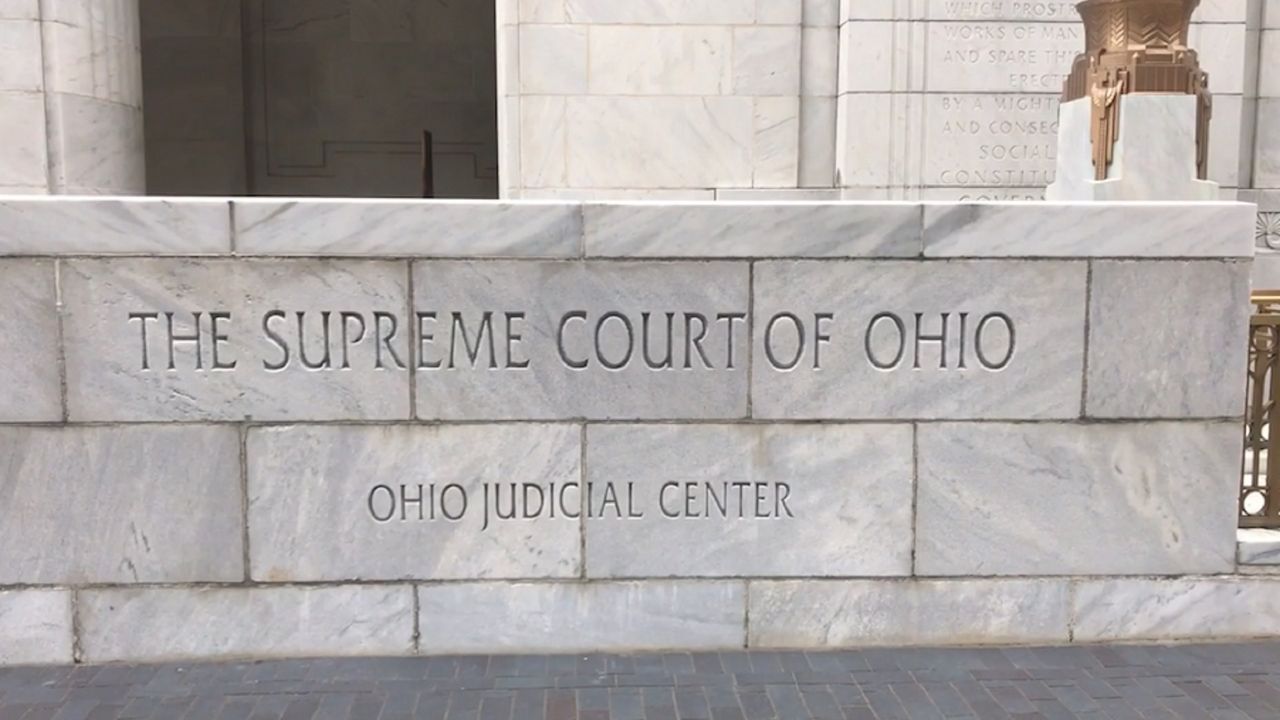COLUMBUS, Ohio — The Ohio Supreme Court heard the oral argument Wednesday in a case challenging Gov. Mike DeWine’s move to end $300 additional unemployment payments.
What You Need To Know
- The Ohio Supreme Court heard an oral argument Wednesday on a COVID-19 unemployment case
- Plaintiffs challenged Ohio Gov. Mike DeWine's termination of $300 unemployment payments
- Justices inquired about whether the funds are even still available this long after the governor's move
Amid concerns of labor shortages, more than two dozen states, mostly with Republican controlled state governments, cut off their residents from receiving the federal unemployment benefit last year, months in advance of the federal program’s September expiration.
In Ohio, DeWine announced in May 2021 that he would end the additional payments to try to get more people working.
Unemployed workers, led by plaintiff Candy Bowling, filed litigation. After a lower court sided with the state, the workers successfully appealed to the Tenth District Court of Appeals. The Supreme Court is now reviewing the case after the state's attorneys appealed that decision.
Ohio Deputy Solicitor General Michael Hendershot represented Gov. DeWine and the state’s Job and Family Services director Matt Damschroder in the oral argument.
“[DeWine] made that decision after hearing from businesses large and small that they faced a new crisis, and that was an inability to fill thousands upon thousands of open positions. That threatened some of their own existence and the people that relied on it — their employees, their owners, their customers, even their future employees,” Hendershot told the court Wednesday.
Justice Pat DeWine, the governor’s son, recused himself from the case. Judge Emanuella Groves from the Eighth District Court of Appeals sat in for him for the oral argument.
Marc Dann, one of three attorneys representing unemployed workers, spoke for the plaintiffs Wednesday. Dann said the additional unemployment would have benefited Ohioans and the businesses they patronize, and he argued the state has an obligation to make these types of federal funds available to eligible residents under Ohio law.
Dann also said DeWine should have gone to the General Assembly to get the authority to decline the funds.
“The constitution is clear. The General Assembly sets policy and the governor executes that policy, or in the best case makes recommendations to the General Assembly to change it,” Dann said.
Asked by Justice Pat Fischer why he thinks the governor doesn’t have the authority, Dann argued Ohio law provides that the Ohio Department of Job and Family Services secure all available advantages for residents from the federal government.
Hendershot contested that the state has the authority to choose to accept or to choose to decline the funds. He said courts in other states have overwhelming agreed.
“This case, we think, was one always to enter a policy fray. Now, it's an invitation to enter yesterday’s,” he said.
The two sides agreed they weren’t sure if the money is still available to Ohioans this late in the game. They said they haven’t been able to get clarity from the federal government. Justice Sharon Kennedy suggested she thinks it might still be available.
“Isn't it also likely that attorneys at the Department of Labor would be watching what's going on in Ohio and might actually have the money set aside," she said.



